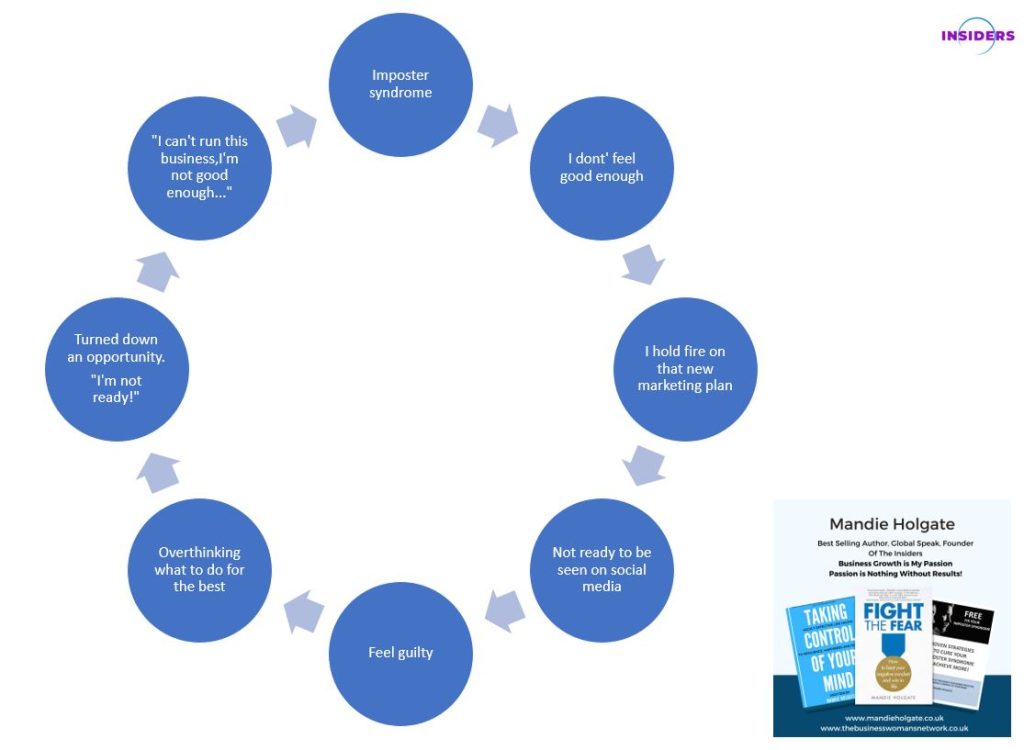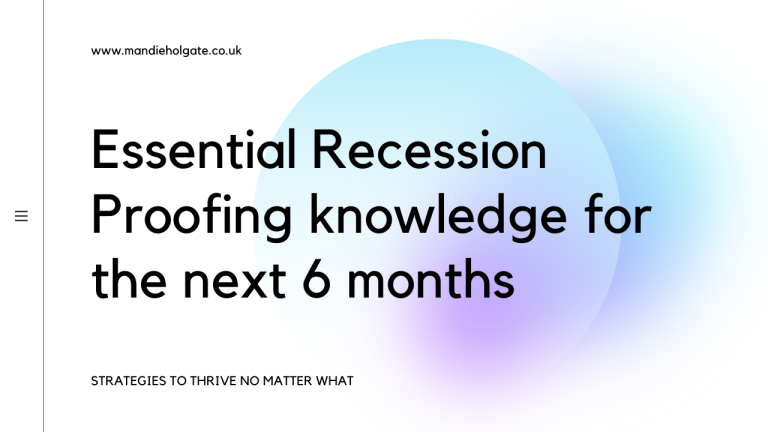Imposter Syndrome And Your Salon Success
This is an abridged article of a column that features in the new Salon Educational Journal that I write for. To access the full story click here. Please do let the team at SEJ know where you heard about it first. Sue Davies the editor is also an Insider.
• A study of 4,000 adults found 53% of women have experienced imposter syndrome.
• Comparatively 63% of men admit they can feel like an imposter in the workplace (1) but 54% said they’d never felt it!
• 72% of women have experienced it in the workplace.
• Studies have proven a direct relationship between a person’s self-confidence and their ability to communicate powerfully. (2)
• If uncontrolled the Imposter syndrome can lead to frustration, depression and eradicated self confidence which can impact on every aspect of your life.
As someone who has coached thousands of people to achieve, I have seen first hand the impact that a lack of confidence has on a business’s success.
• I want to outline how to spot it.
• The results you can get when you control your imposter syndrome.
• How to fix it.
• When to embrace it.
Have you ever heard yourself saying “What am I doing running this place?”
Or
“Why would they come to us/me when that gorgeous national brand is down the road?”
It doesn’t have to be that obvious; you could have lots of happy customers and still have that niggling in the back of your head.
Or worse, you may be making assumptions on what your business can achieve because the imposter syndrome is holding you stuck in a belief that literally stops the right actions that will increase profits.
My favourite saying is “I can build you the best business plan and marketing strategy, but if your mind isn’t right, you will screw up the results.”
Be aware of these warning signs;
• An unjustified dip in your confidence on some days.
• Attributing your success to date to luck and not down to your awesomeness.
• Feeling underqualified or prepared to run a team or business.
• Feeling like a fake when hosting meetings for your team.
• Wanting to hand tasks to staff as you feel incapable to do them.
• Overpreparing and second guessing your choice of actions.
• Dismissing opportunities that feel like they are aimed at someone more advanced in their career/business.
• Catastrophising your small mistakes but accepting those of your staff.
• Excessively comparing yourself to competitors.
• Hiding on social media behind formal images and rarely being seen on camera (can you see how this gets damaging to your brand/business and profits?
• Slowing down business plans or training, because you don’t feel “Ready”.
• People pleasing because you feel you need to justify yourself.
• Stuck!
Results of controlling it
(Note I say not eradicating it? We will talk more on that later.)
I’ve got so many success stories I could share we would be here for years! When you control your imposter syndrome, that voice in your head that drags you down amazing things happen.
Like the business owner who only worked on their confidence and imposter syndrome yet told me at their next session they’d increased profits by 33%!
Or the leader of a vast team who had hid from public speaking for 25 years because “Who want’s to listen to little old me!” Who gained 4 speaking gigs from our time working on their communication skill and mindset. Imagine what that did for their business.
(For this part of the article I hope you are starting to see I’m about results. So, it’s best to have pen and paper to hand. These work best for fast flowing thoughts.)
Now I could share a billion more success stories but how does that inspire you? They aren’t you, are they?
So, take the negative spiral and flip it.

I go into a lot more detail in the full Salon Educational Journal.
Now let’s fix it!
I want you to write a 2-page A4 document on why you are awesome. This may sound daft, and it may be a challenge to complete but it’s essential. When we are suffering from the imposter syndrome or we are doubting ourselves and not going for what we want we can forget how many amazing things we’ve achieved. So write them down.
I share another 9 strategies in the full article, either join the Insiders here to ask me about how to control your Imposter syndrome so it never impacts on success again or buy the new exciting Salon Educational Journal.




